The IA in Agriculture is radically transforming this sector. This technology, based on artificial intelligence, is changing the way farmers manage their crops and resources. Through AI, it is possible to optimize production, reduce costs and make more efficient use of natural resources. In this article we will explore how AI in agriculture is revolutionizing the industry, improving production and resource management.
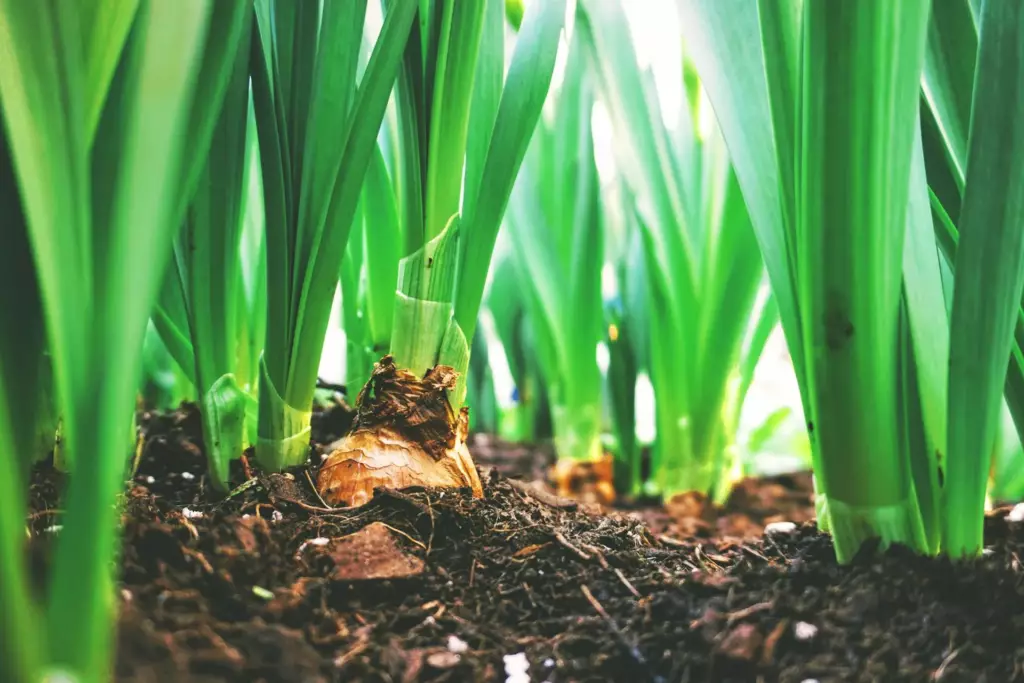
Crop Monitoring and Analysis
One of the most important applications of IA in Agriculture is crop monitoring and analysis. It is possible to use drones equipped with high-resolution cameras and advanced sensors to enable AI to analyze crop health in real time. This technology allows farmers to identify problems such as pests, diseases or nutritional deficiencies before they become serious problems.
AI analyzes the images and data collected by drones to provide accurate recommendations on fertilizer, pesticide or irrigation application. This not only improves crop health, but also optimizes the use of agricultural inputs, reducing environmental impact.

Optimization of Water Use
Efficient water management is a crucial issue in agriculture, especially in regions that lack this vital resource. The IA in Agriculture allows farmers to optimize irrigation, using only the necessary amount of water for each crop. Through soil sensors and AI algorithms, it is possible to determine the exact amount of water each plant needs.
This not only saves water, but also improves crop yields. By providing the optimal amount of water at the right time, AI ensures that plants grow healthily and productively. This optimization of irrigation is critical to meet the challenges of climate change and water scarcity.
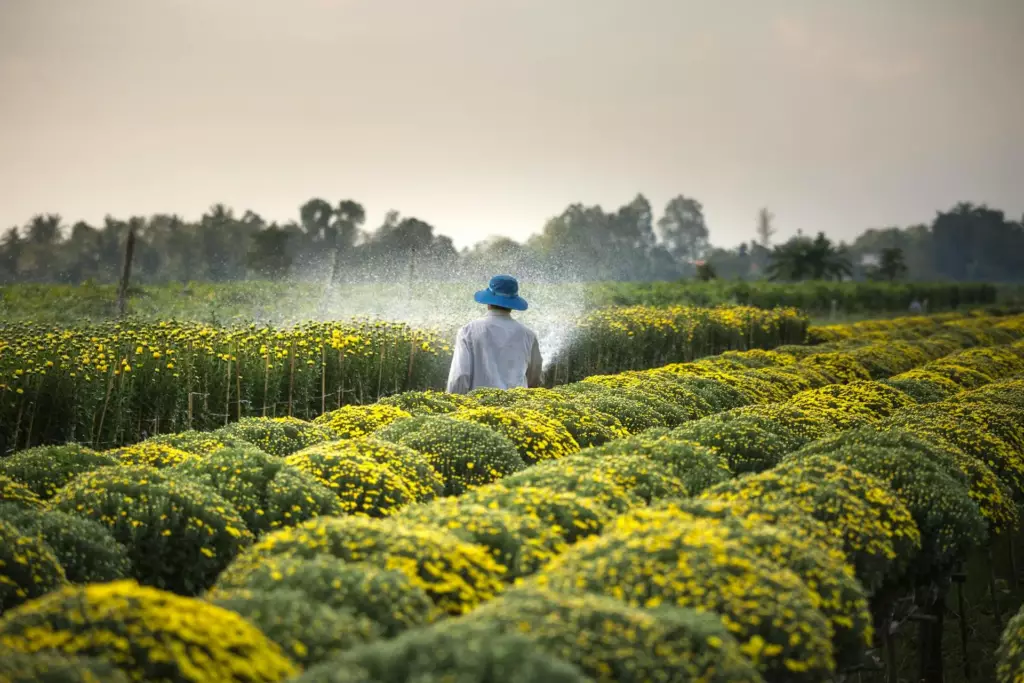
Pest Detection and Management
The IA in Agriculture is also revolutionizing pest detection and management. Traditionally, pest control has been a reactive process, where farmers apply pesticides after pests have already damaged crops. With the help of AI, this approach is changing.
Through cameras and sensors in the field, AI can detect the presence of pests at very early stages. By being able to identify specific patterns in plant images, AI can alert farmers to a potential infestation before it becomes uncontrollable. This enables more efficient and targeted use of pesticides, minimizing their impact on the environment.
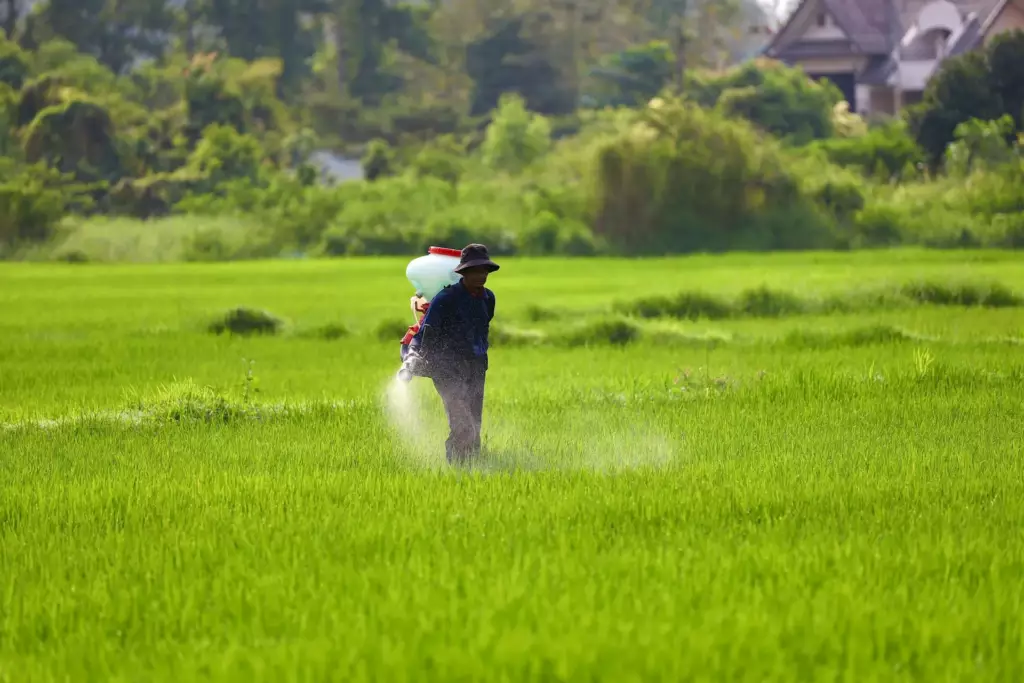
Weather Prediction and Crop Planning
Another important application of IA in Agriculture is weather prediction and crop planning. AI systems can analyze large amounts of historical and current weather data to predict weather patterns more accurately. This helps farmers make informed decisions about when to plant, irrigate, harvest and take precautions in the event of a natural disaster (rain, hail, high wind, storms, hurricanes).
By anticipating changes in the weather, farmers can avoid significant losses and maximize production. AI can also suggest the best dates for planting and harvesting based on predicted weather and soil conditions. This improves the overall efficiency of farming operations and increases profitability.
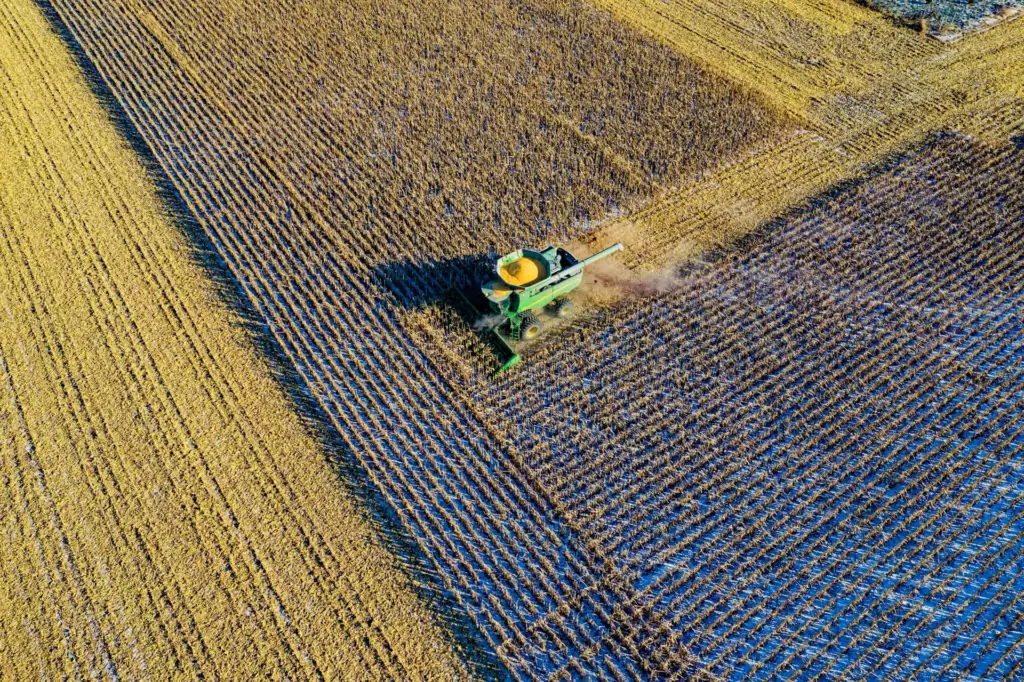
Resource Management and Sustainability
IA in Agriculture not only improves production, but also promotes sustainability. By optimizing the use of resources such as water, fertilizers and pesticides, AI reduces the environmental impact of agriculture. In addition, by increasing efficiency, farmers can produce more product with fewer resources, which in the long term is crucial in a world with a growing population, where we are already seeing food production problems.
Sustainable management of agricultural resources is essential to preserve the environment and ensure food production for future generations. AI helps farmers make more informed and responsible decisions, promoting sustainable and environmentally friendly agricultural practices.
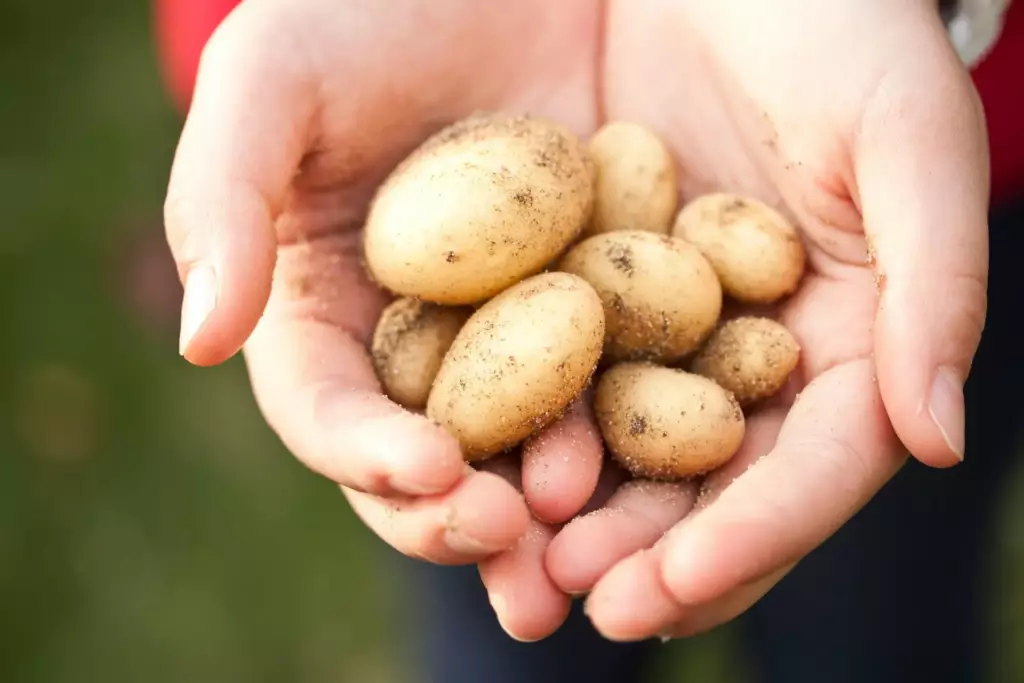
The Future of AI in Agriculture
The future of IA in Agriculture looks promising. As the technology continues to advance, we are likely to see even more innovative applications that will transform the industry. From automating agricultural tasks to developing new crop varieties that are resistant to disease and adverse weather conditions, artificial intelligence will play an increasingly central role in agriculture.
Conclusion
IA in Agriculture is already having a significant impact on production and resource management. By enabling accurate monitoring, irrigation optimization, early pest detection and weather prediction, AI is helping farmers meet current and future challenges. This technology not only improves the efficiency and profitability of farming operations, but also promotes sustainable practices that are essential to the health of the planet.
In short, IA in Agriculture is revolutionizing the way we produce food, making the future of agriculture brighter, more efficient and sustainable. Farmers who embrace these technologies will be better prepared to meet the challenges of the future and take advantage of the opportunities that artificial intelligence has to offer.

